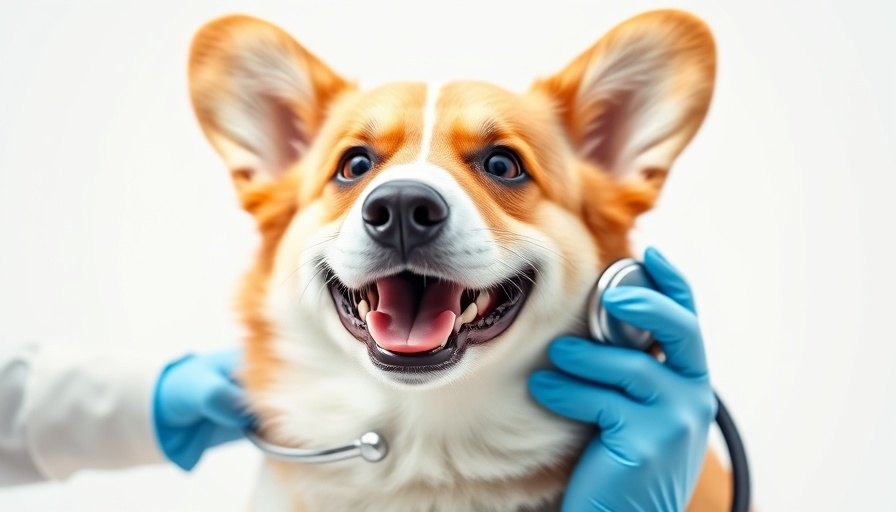
Understanding Coccidia and Its Impact on Dogs
Coccidia are tiny, single-celled organisms known as protozoa that often find their way into the intestines of dogs, causing a condition referred to as coccidiosis. While they are a common intestinal parasite, coccidia particularly affect young puppies and dogs with weakened immune systems. The most concerning aspect of coccidia is the ease with which the infection can spread, making it essential for dog owners to understand both prevention strategies and treatment options available.
How Dogs Become Infected with Coccidia
Puppies are particularly susceptible to coccidia because their immune systems are still being developed. The primary route of infection is through ingesting oocysts—a hardy egg form of the parasite found in the feces of infected animals. These oocysts can live for extended periods in warm and moist environments, such as kennels or parks. Puppies often explore their surroundings by sniffing and licking various surfaces, making them more prone to accidental ingestion. Moreover, stress factors like transitioning to new homes or weaning can further compromise a puppy's immune defense, increasing the likelihood of coccidia infection being contracted.
What Symptoms Should Dog Owners Watch For?
Recognizing the symptoms of coccidiosis early on can make a significant difference in treatment outcomes. The range of symptoms may vary based on the dog's age and overall health, but common signs include:
- Watery diarrhea that may contain mucus or blood
- Vomiting
- Dehydration
- Unexplained weight loss
In mild cases, especially among adult dogs, symptoms may not be apparent, and they may act as carriers, unknowingly shedding the parasite and posing a risk to other animals. As a proactive pet owner, keeping an eye on your dog's health, especially after visits to busy dog areas, can help you catch these subtler signs early.
The Importance of Proper Diagnosis and Treatment
Diagnosing coccidia requires a microscopic examination of a dog's fecal sample to identify the presence of oocysts. Upon diagnosis, veterinarians typically prescribe suitable medications to eliminate the parasite. In severe cases, supportive care such as rehydration and dietary adjustments may be necessary to assist the dog's recovery.
Preventive Measures and Best Practices
Prevention is often the best defense against coccidia. Here are some valuable steps every dog owner should take:
- Maintain Hygiene: Regularly clean your dog's living spaces and ensure they have a designated area for potty needs.
- Avoid Overcrowded Areas: Limit your puppy’s time in places that tend to be more unsanitary, such as crowded dog parks.
- Monitor the Health of Your Dog: Regular vet check-ups and maintaining vaccination schedules will help ensure your dog's immune system is functioning correctly.
- Educate Others: Share knowledge with fellow dog owners about the risks of coccidia and other parasites.
Conclusion: Empowering Dog Owners Against Coccidia
Being informed about coccidia empowers dog owners to take preventive measures against this common yet treatable disease. With your loving care and vigilance, you can protect your furry friend from the risks associated with coccidia infection. If you notice any unusual symptoms, seek veterinary attention promptly to ensure the health and happiness of your canine companion.
So, fellow dog owners, stay proactive and attentive. Your furry friends depend on you for their health and happiness!
 Add Row
Add Row  Add
Add 




Write A Comment